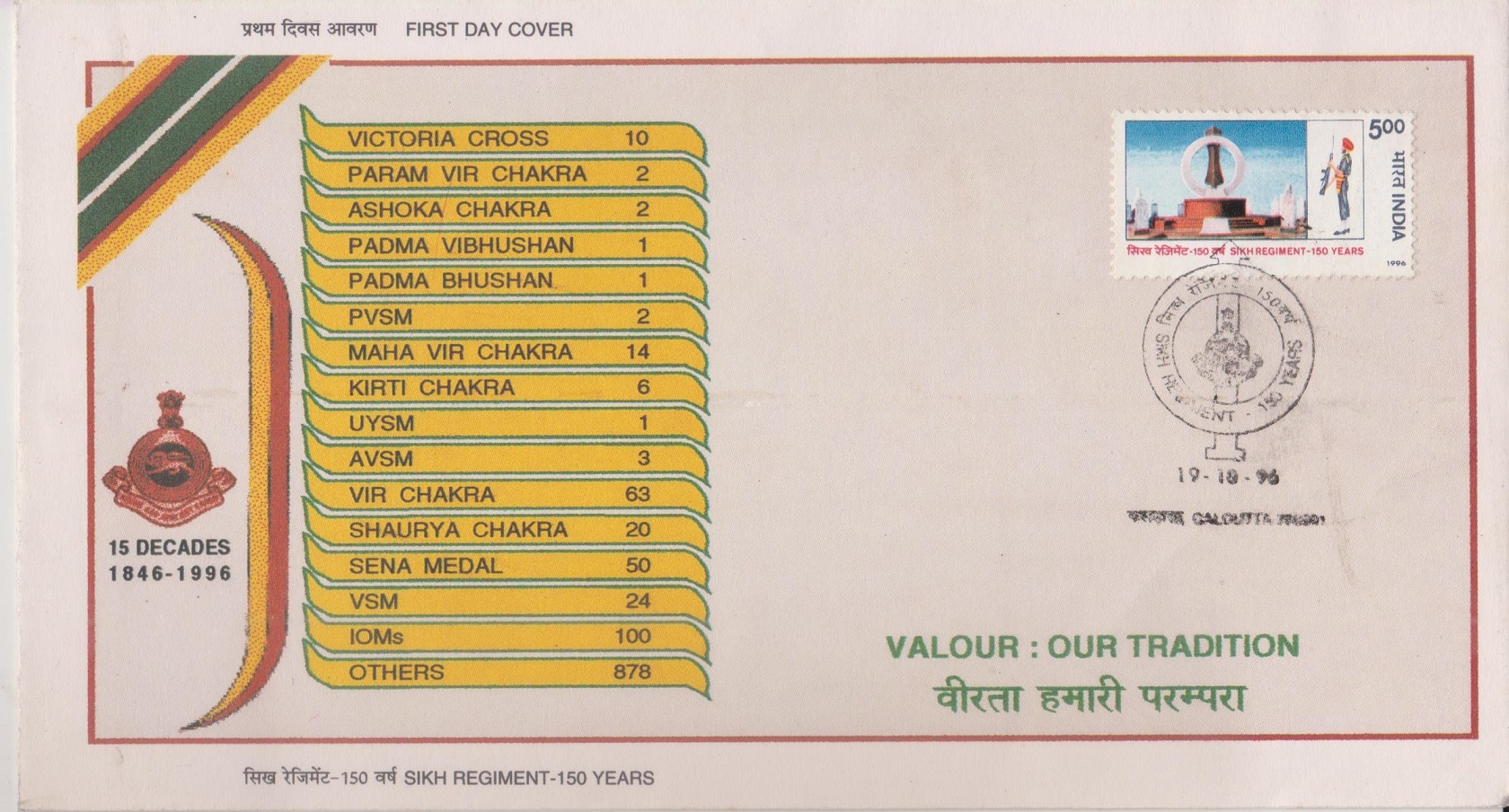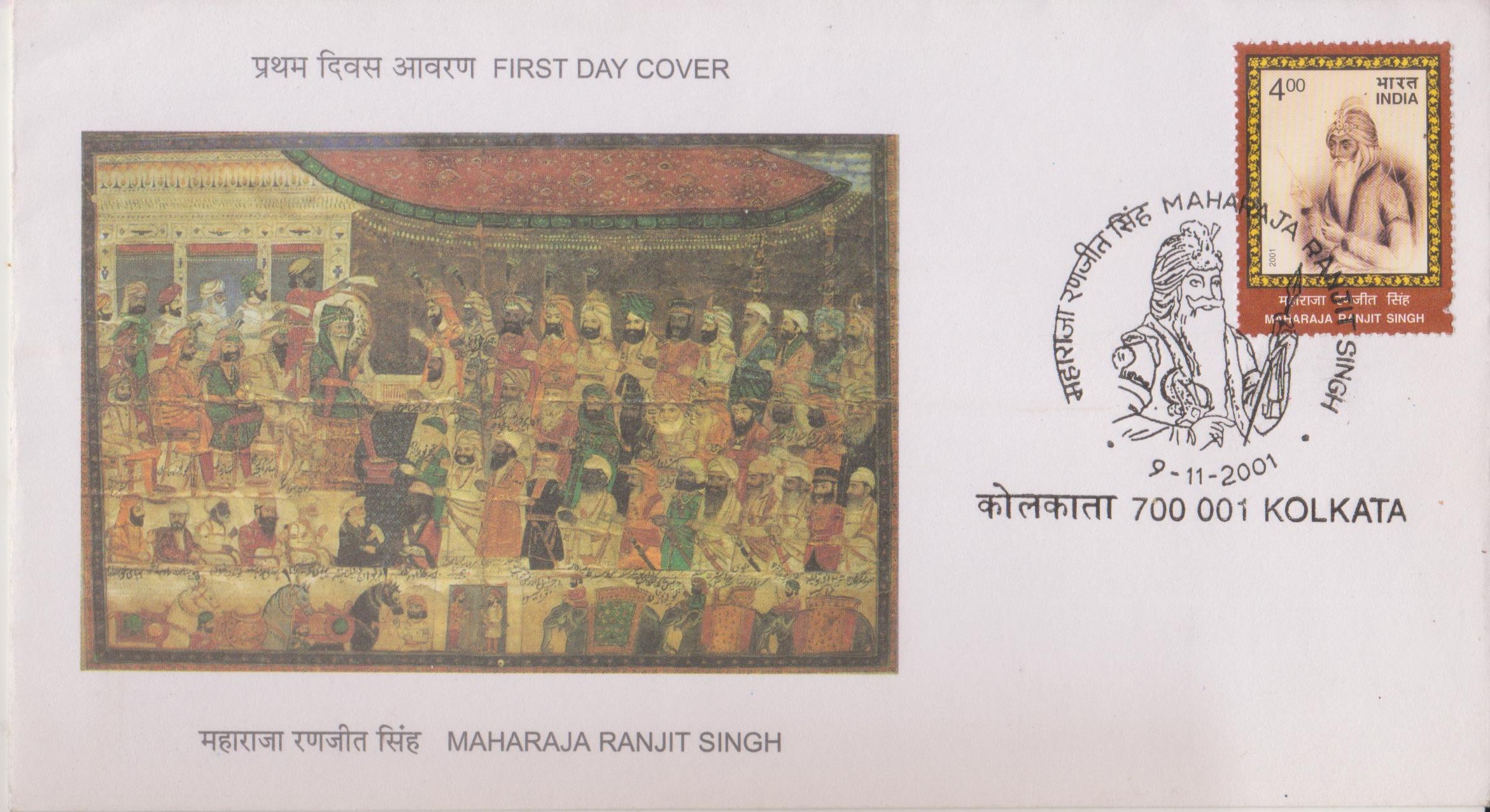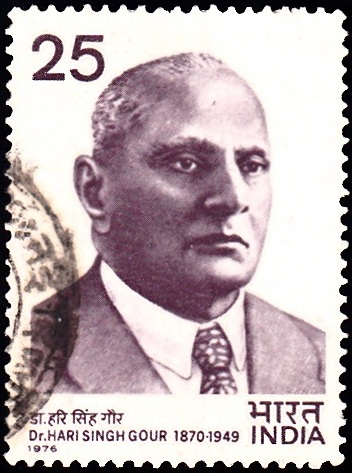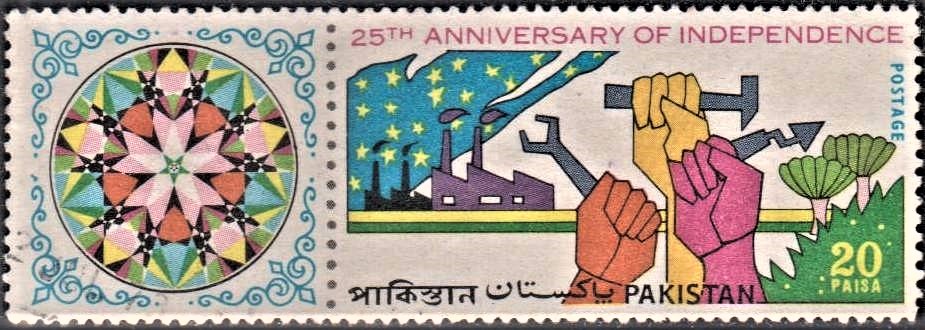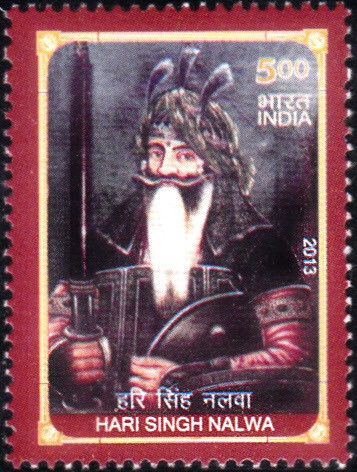
Hari Singh Nalwa
A commemorative postage stamp on Sardar Baagh Maar Hari Singh Nalua, commander-in-chief of the Sikh Khalsa Army of Maharaja Ranjit Singh :
Issued on Apr 30, 2013
Issued for : Department of Posts salutes the courage of Hari Singh Nalwa by issuing a Commemorative Postage Stamp.
Credits :
Stamp/FDC/Cancellation : Alka Sharma
Type : Stamp, Mint Condition
Colour : Multi colour
Denomination : 500 Paise
Stamps Printed : 0.32 Million (0.01 Million for the proponent)
Printing Process : Wet Offset
Printer : Security Printing Press, Hyderabad
Name : Hari Singh Nalwa
Born on 1791 at Gujranwala, Sikh Confederacy [now in Pakistan]
Died on 1837 at Jamrud, Sikh Empire [now in Pakistan]
About :
- Hari Singh Nalwa was born in 1791 in Gujranwala, now in Pakistan, in an ordinary Khatri family.
- He joined the ranks of the Khalsa at the tender age of ten and rose from a Khidmatgar to Sardar at the Court of Maharaja Ranjit Singh in just three years’ time. He earned the title ‘Nalwa‘ for killing a tiger single-handedly with a sword while still in his teens. He soon became one of the trusted generals of Maharaja Ranjit Singh.
- Hari Singh was a dauntless warrior. He played an important role in wresting Kasur, Multan and Kashmir from the Afghans. His conquests ultimately lead to the downfall of the Afghan Saddozais – descendants of Ahmed Shah Durrani. His heroics were well recognized and he was offered the post of the Governor of Kashmir in 1820. He was also later bestowed with a jagir in western Kashmir mountains which he held till his death. He transformed this region, then known for its violence and profitless tracts, to one known for commercial success in a short span of fifteen years. He built the town of Haripur. Today, Haripur, named after Hari Singh Nalwa, is a district and city in Pakistan.
- The battle of Jamrud, fought between the Sikhs and the Afghans in 1837, was the ultimate highlight of Nalwa‘s career. On this occasion, a skeleton Sikh force faced the wrath of the entire army of the Afghans supported by thousands of armed peasantry. Though Hari Singh died within hours of being grievously wounded, the mere suspicion that he might be alive kept the entire Afghan army at bay out of sheer fear – not just for a day or two, but for over a week, by which time reinforcements arrived from Lahore.
- Text : Based on the material furnished by the proponent.
Subscribe
Login
0 Comments
Oldest



